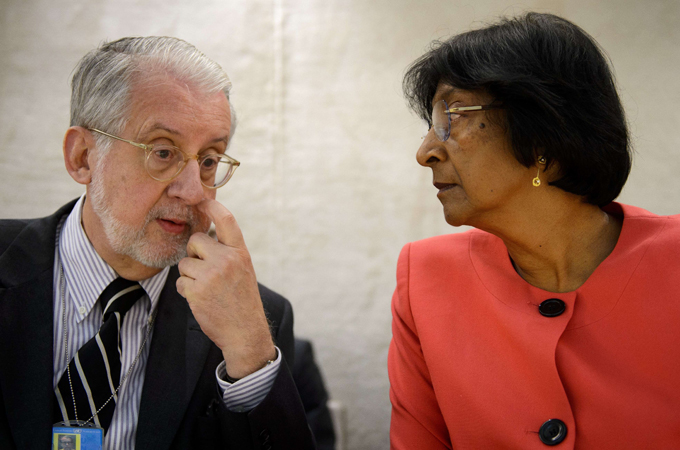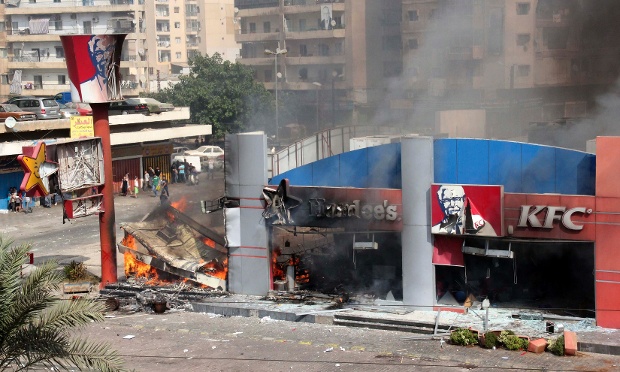By Ali Al-Bassam
Impunity Watch Reporter, Middle East
JERUSALEM, Israel — The International Red Cross issued a warning last Friday that three Palestinian hunger strikers were at risk of death in an Israeli jail. The three men, Samer Al-Barq, Hassan Safadi, and Ayman Sharawna, began their hunger strikes on May 22, June 21 and July 5, respectively, to demand better conditions of Israeli prisons, and an end to arbitrary administrative detention and long-term isolation.

“These people are going to die unless the detaining authorities find a prompt solution,” the head of the International Committee of the Red Cross delegation in Israel and the occupied territories, Juan Pedro Schaerer, said in a statement.
Al-Barq originally began his hunger strike on April 15, when he took part in a mass hunger strike with approximately 2,000 other Palestinian prisoners to protest prison conditions. He ended his hunger strike on May 14, and resumed it again on May 21 after Israel issued new administrative detention orders. Al-Barq has been on a hunger strike for 120 days, and due to his current condition he is unable to walk. He was moved from his prison cell to a civilian hospital last Sunday, but details on his current condition are not available.
Like Al-Barq, both Safadi and Sharawna have suffered physical ailments because of their hunger strikes.
Safadi has been on a hunger strike for 86 days. Fares Ziad, a lawyer for a prisoner rights group called Addameer, says that Safadi has been suffering from heart contractions and chronic pain in his kidneys and joints. Ziad says that Israel has detained Safadi multiple times since the 1990’s without ever raising charges against him.
Sharawna, whose hunger strike has lasted 76 days, was released from prison in 2011 when Israel swapped prisoners with Hamas, yet he was arrested once again by Israeli forces last January without ever being charged. He has lost 86 percent of the vision in his right eye and was vomiting blood as of last week.
Meanwhile, Zakaria Zubeidi, who was arrested by the Palestinian Authority on May 13, has refused food in protest of his detention without charges or trial. He told his lawyer that Palestinian authorities had tortured him and denied him access to both a lawyer and his family for an extended period. Palestinian interrogators claim that Zubeidi knew the location of guns that were used by Palestinian armed groups when they fired shots into the home of the governor of Jenin, in the northern West Bank.
Zubeidi began his hunger strike on September 9, when a judge extended his detention for eight days. He began accepting fluids after September 11 when he started suffering from kidney problems related to the strike. Zubeidi said he would resume a total hunger strike until death after the court extended his detention to give the prosecution additional time to build their case.
For further information, please see:
Al Resalah — Fears for Palestinian Hunger Strikers’ Lives — 19 September 2012
Al Jazeera — Palestinian Hunger Strikers ‘Close to Death’ — 18 September 2012
Human Rights Watch — Israel/Palestinian Authority: Charge or Free Palestinian Detainees — 18 September 2012
Ma’an News Agency — Red Cross Warns Hunger Strikers Risk Death — 14 September 2012




